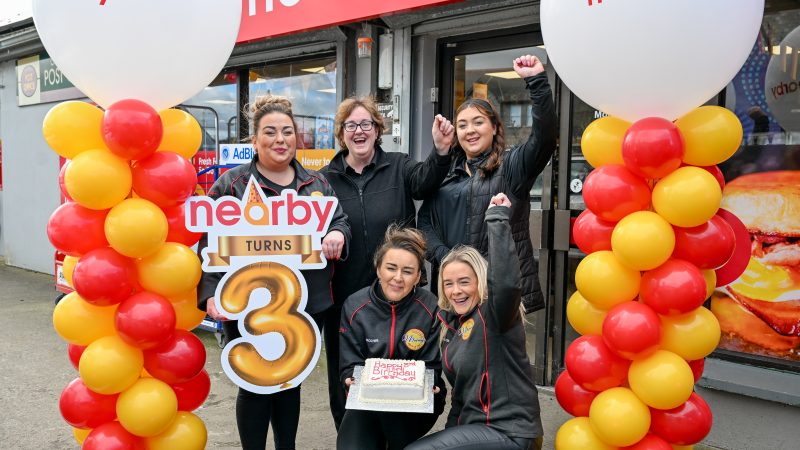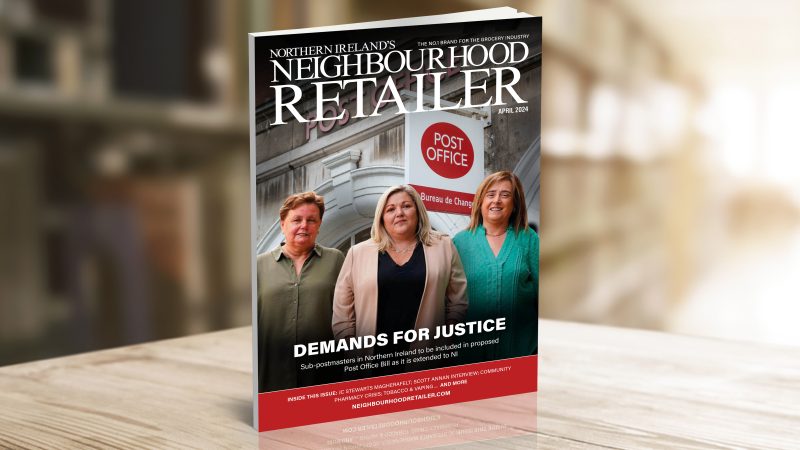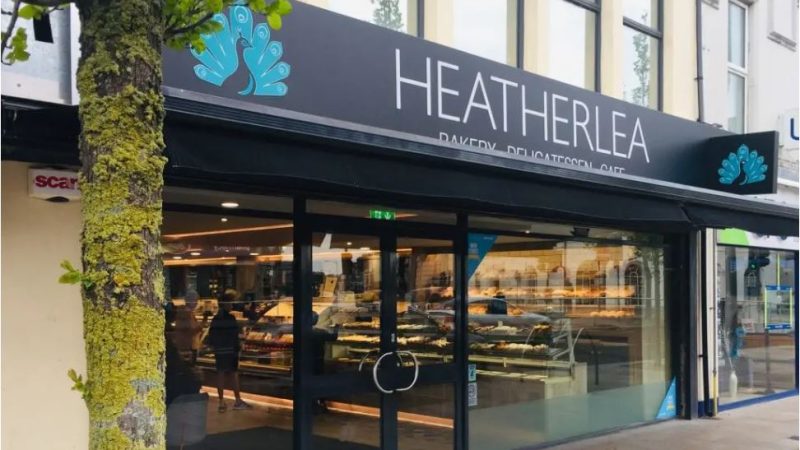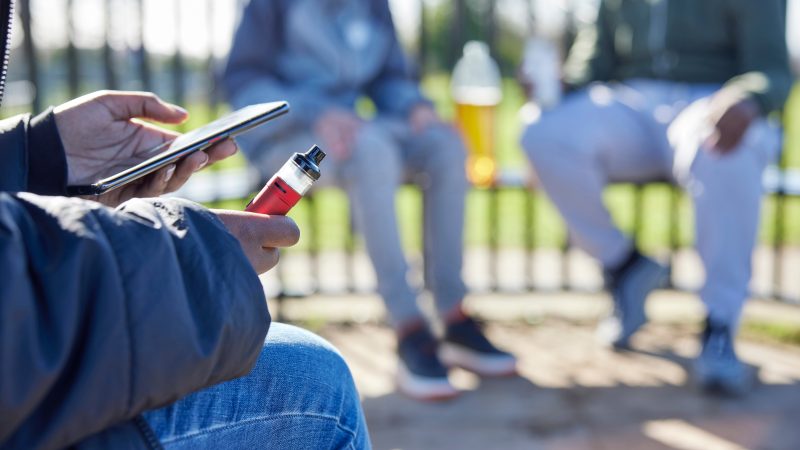Second spike for grocery shopping?
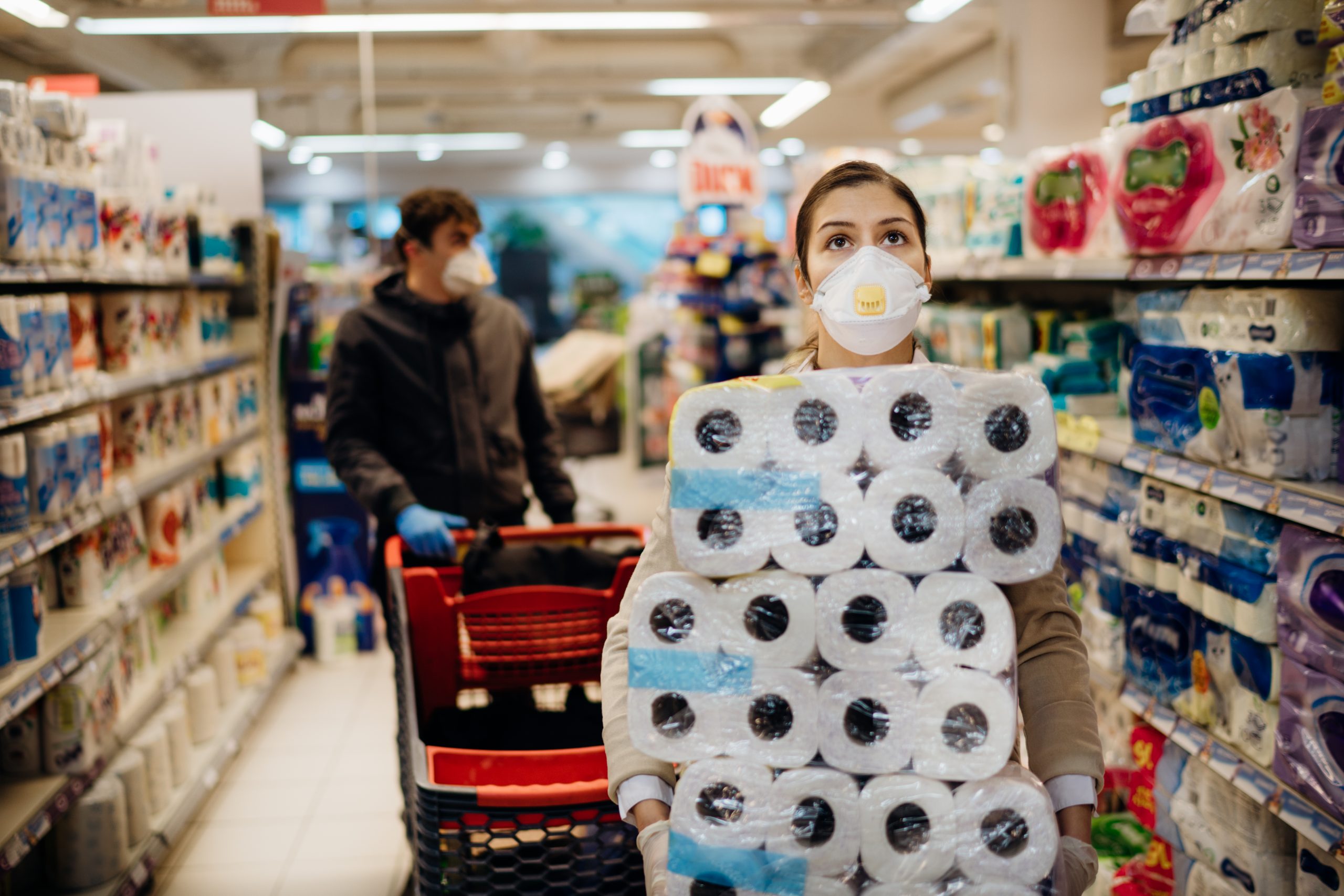
The latest Covid restrictions announced in Northern Ireland could see another surge in panic buying as consumer behaviour patterns look set to mimic the spring 2020 surge.
Retailers began noticing some panic buying creeping in during September, but the NI executive’s further restrictions announced on 14th October could facilitate further domestic stockpiling.
Suggestions of a second lockdown heralded some panic-buying in September. Customers are reportedly stockpiling toilet roll and essentials at some supermarkets.
According to Kantar, sales in the overall grocery market rose 9.4% in the 12 weeks to October 2020. Head of retail and consumer insight Fraser McKevitt. “Shoppers are moving a greater proportion of their eating and drinking back into the home,” he says. “This is likely a response to rising Covid-19 infection rates, greater restrictions on opening hours in the hospitality sector, and the end of the Government’s Eat Out to Help Out scheme.”
The Kantar data showed that sales dipped back to in line with total grocery while symbols and independents saw a 19.9% growth in sales. The seven days from Monday 21 to Sunday 27 September were the busiest since March, with 107 million trips recorded, but that number was nowhere near the 175 million seen just prior to the first national lockdown.
Sales of toilet roll and flour rose by 64% and 73% during the week, showing that consumers were expecting further restrictions.
Partial lockdown
With Northern Ireland set to enter a four week partial lockdown, including schools shutting for two weeks including half term, there’ll undoubtedly be a surge in demand for every day items.
The new rules are effective from Friday 16th October. Retail outlets – as essential services – are not restricted, however the hospitality sector will close apart from deliveries and takeaways.
Off-licences and supermarkets cannot sell alcohol after 8pm.
Back to hygiene basics
First Minister Arlene Foster asked businesses to get “back to the basics” of social distancing, hand hygiene and other measures and hinted at further measures should infection rates continue to climb.
Northern Ireland’s cumulative seven-day rate of infections per 100,000 people is 334, one of the highest in Europe. Derry City and the Strabane council area has a rate of 970 per 100,000 people – far outstripping Liverpool, England’s worst hit city, which has 634 cases per 100,000 people.
While the restrictions do not amount a full-scale lockdown similar to the onset of the pandemic in March, the measures mark a significant ramping up of Northern Ireland’s response to spiralling infection rates.


